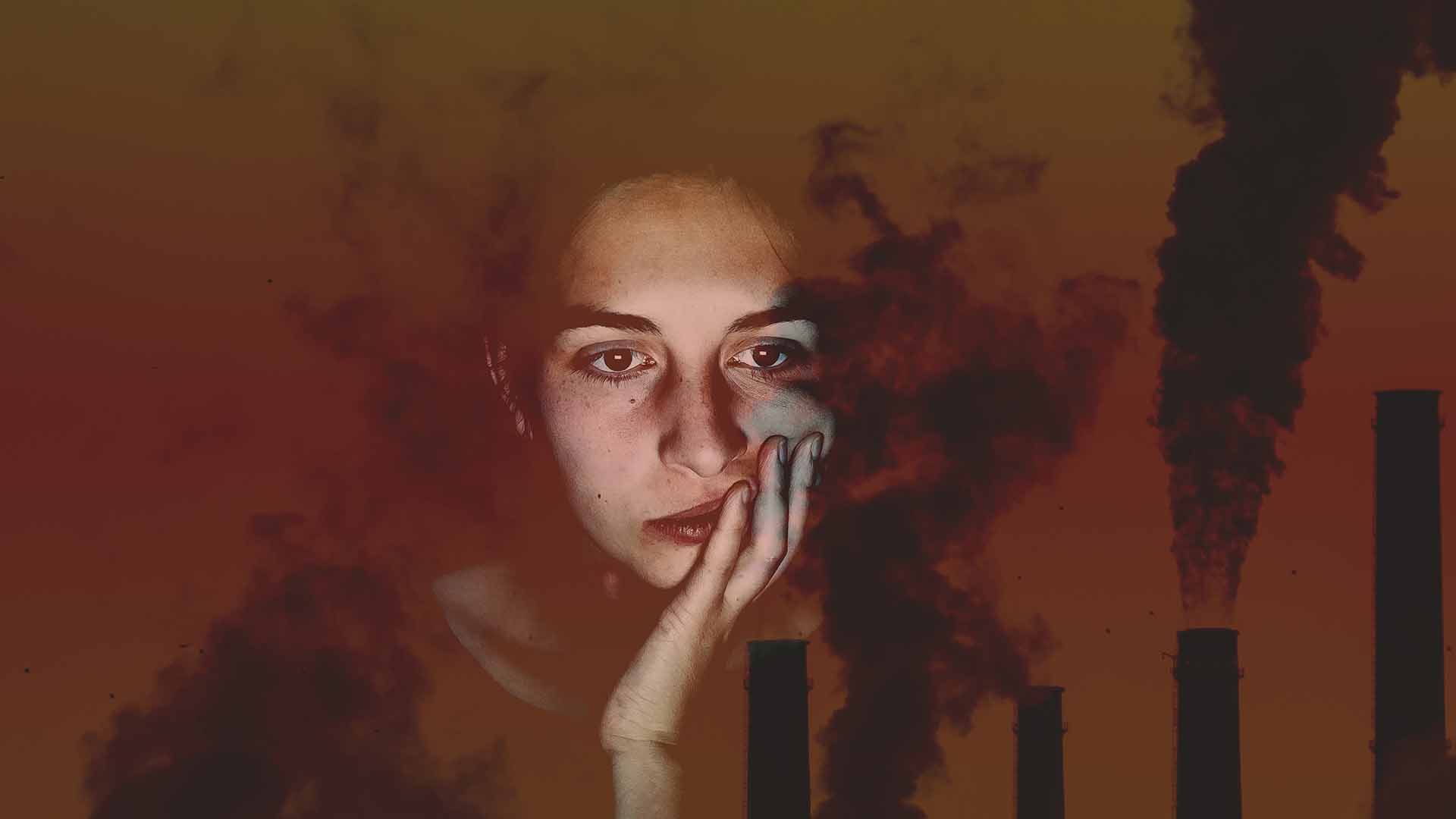Eco-anxiety means chronic or severe anxiety related to a human’s relationship with the environment. According to American Psychiatric Association (APA), eco-anxiety means chronic fear of environmental fate. It does have a very bad impact on one’s mental health. The immediate effects of climate change — such as damage to community groups, a loss of food, and reduced medical supply security — can cause acute harm to people’s mental health.
Change in the environment can affect mental health in many ways - trauma and shock, post-traumatic stress disorder (PTSD), anxiety, depression, substance abuse, aggression, reduced feelings of autonomy and control, feelings of helplessness, fatalism and fear.
How does this start?
Anxiety around environmental issues can stem from experiencing, being at risk of, or having loved ones at risk of climate-related extreme weather, including hurricanes, droughts, and wildfires. Media coverage of environmental destruction can be overwhelming, and evidence for humans’ negative impact on the environment is increasing. People may also feel guilty or anxious about the impact that their or their generation’s behavior may have on the environment and that of future generations.
Environmental damage does not affect all people equally. Environmental damage does not affect all people equally. Also, people who live in indigenous communities often rely on natural resources and tend to reside in more vulnerable geographic areas. People who work in environmental jobs or as first responders and emergency healthcare workers might also be more prone to eco-anxiety.
How to identify if someone is having eco-anxiety?
It is natural for a person to feel sad, angry, frustrated, or helpless about things that seem outside of their control, and it is easy to feel discouraged by bad news about the environment. There is no medical definition of eco-anxiety. If a person is concerned that their worries about the environment interfere with their everyday life, their ability to work, or their ability to look after themselves, they should talk to a mental health professional.
Ways to overcome this
People may take positive actions like talking to others, volunteering in eco-services. This will help in reducing the feeling of anxiety and powerlessness.
People can educate others on environmental issues with some trustworthy, credible information.
Optimism may help a person grow. Positive thinking may also help break negative thinking cycles associated with chronic or severe anxiety.
Regular exercises like walking, running, cycling can help reduce most types of anxiety.
Re-evaluating sources of environmental information or cutting back or unplugging from media sources, at least temporarily, may help reduce immediate stress levels.
To get professional help for eco-anxiety, a person can talk with a family doctor or other healthcare worker who can provide guidance on how to connect with an appropriate mental health professional.

 Eco-anxiety refers to a fear of environmental damage or ecological disaster. This is based on the current and predicted future state of the environment
Eco-anxiety refers to a fear of environmental damage or ecological disaster. This is based on the current and predicted future state of the environment










.jpeg)



















.jpg)
.jpeg)